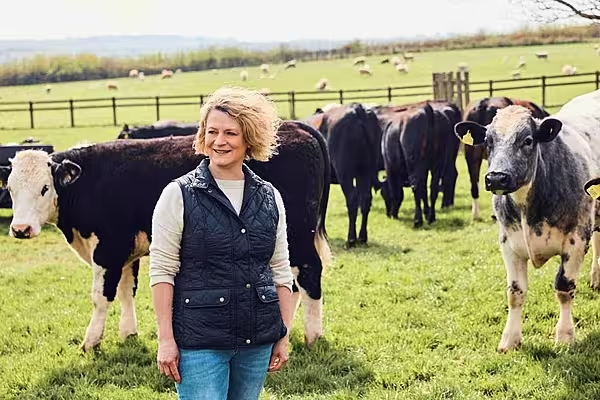Lidl GB plans to invest £1.5 billion (€1.8 billion) in the British beef industry over the next five years as part of its efforts to achieve its goal of sourcing 100% British beef.
The discounter is launching the Sustainable Beef Group to support livestock farmers seeking to switch to sustainable farming practices.
As part of the group, farmers will receive rewards for reducing carbon intensity, alongside adopting regenerative farming techniques for better grazing management, biodiversity, and soil and water quality parameters that are unique to each farm.
Lidl GB will also work with farmers in the group to improve herd performance and farm profitability.
Richard Bourns, chief commercial officer at Lidl GB, said, “As one of the largest buyers of British beef, we recognise our responsibility to support farmers adopt sustainable practices.
“This market-leading programme underpins our long-term commitment to buying 100% British, while investing significantly in sustainable practices that exceed industry standards. It ensures our customers can continue to enjoy the best in high-quality, sustainably sourced British beef at the lowest possible prices."
Carbon Footprint
Hundreds of farms across the UK have undergone a carbon footprint assessment as part of the data gathering process.
In partnership with Promar, an independent agricultural and sustainability consultancy, each farm will now receive customised advice to reduce their carbon emissions and support the sustainable growth of their businesses over time.
As part of the partnership, Lidl and Dunbia have set a target to reduce their scope 3 emissions intensity by 28% per tonne of finished product by 2030.
This initiative aligns with Lidl’s wider scope 3 science-based climate targets.
It builds on the success of its exclusive Welsh and grass-fed beef producer groups, the discounter noted.
The Grass Fed range ensures that cattle spend at least 180 days grazing outdoors each year, with a diet comprising at least 70% grass.
Earlier this month, UK retailer Morrisons announced an exclusive partnership with Sea Forest and Myton Food Group as part of its efforts to reach net-zero emissions from its directly supplied farms by 2030.









